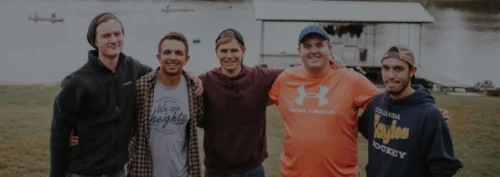
However, their negative mindset continues to negate other protective factors. While relapse can occur at any time, the 60- to 90-day period after initial recovery is the most vulnerable time. That’s why 12 Keys offers comprehensive and customized aftercare support. We also encourage clients at any stage of their recovery to seek intensive treatment with our empathetic and experienced addiction specialists. With our help, you can recover from your relapse and grow stronger and healthier from it.
Warning Signs of Alcoholic Relapse
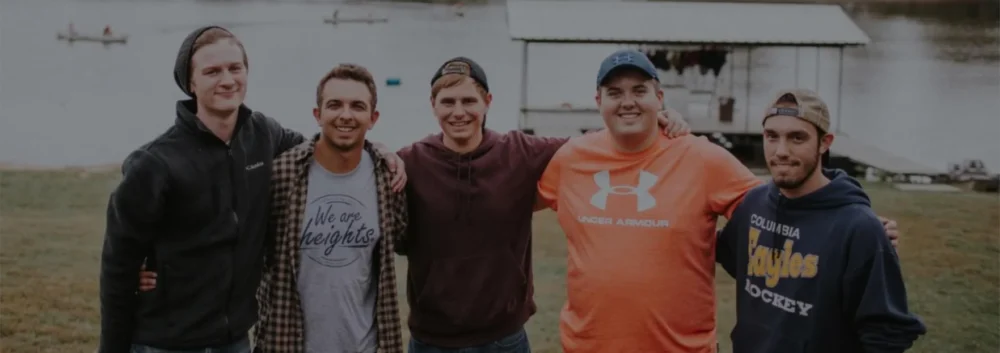
But support from the most important people in your life is critically important if you want to recover for good. When you approach loved ones, do so honestly and make sure you intend to go through with whatever you promise to do. Prepare yourself for a difficult conversation; admitting you slipped up will be difficult and humbling.
Treatment & Support
That means they have to take higher doses of the substance to feel the same effects. Poor self-care leads to negative emotions, feelings of unhappiness and increased levels of stress. As people continue to practice poor self-care, they transition into a mental relapse. With help from your support network and addiction treatment specialist, analyze why your relapse has occurred. Once you know why it occurred, you can adjust your treatment plan to address these triggers. Unfortunately, relapse is a very real outcome in recovery and addiction treatment.
The “High-Risk Situation”: Relapse Triggers
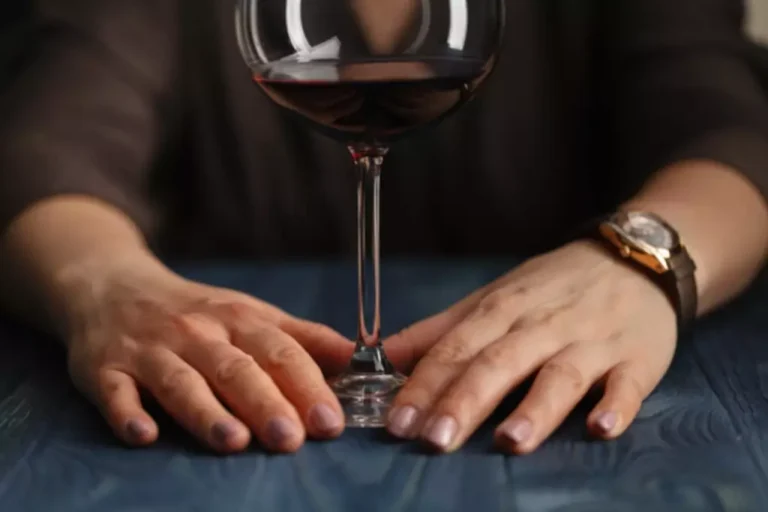
If you want to know how to not go into binge mode after a relapse, check out my THIS ARTICLE. And if you’re not ready to take that step, you can speak to one of our trained advisors online. They can offer you free and confidential advice about what to do next. It’s a big achievement to get this far without professional help. If you’re not sure how to start the conversation, the trained advisors from our webchat team can give you some free and confidential advice.
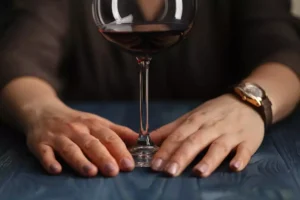
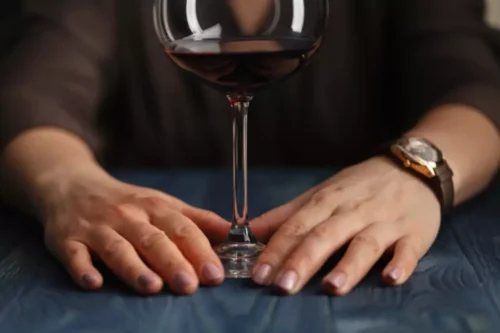
By providing the company of others and flesh-and-blood examples of those who have recovered despite relapsing, support groups also help diminish negative self-feelings, which tend to fester in isolation. Cravings can be dealt with in a great variety of ways, and each person needs as array of coping strategies to discover which ones work best and under what circumstances. One strategy is to shift thinking immediately as a craving arises. Another is to carefully plan days so that they are filled with healthy, absorbing activities that give little time for rumination to run wild. Exercise, listening to music, getting sufficient rest—all can have a role in taking the focus off cravings. And all strategies boil down to getting comfortable with being uncomfortable.
Don’t Be Afraid to Reach Out for Help
- Learn the key to weakening your desire to drink without the constant struggle or the feeling of missing out.
- Soon after, the boredom, anxiety, restlessness, and other negative feelings set in, putting you at risk of relapse.
- The risk of relapse is greatest in the first 90 days of recovery, a period when, as a result of adjustments the body is making, sensitivity to stress is particularly acute while sensitivity to reward is low.
- Cognitive resistance weakens and a source of escape takes on appeal.
- According to the National Institute on Drug Abuse, the rates of relapse for people with substance use disorder are 40 to 60 percent.
But we must give ourselves some grace and be compassionate to ourselves. what to do after a relapse And figuring out which type of relapse you experienced can help you reflect on your experiences, determine your needs, and help you move forward. Since I’ve been struggling with this recently in my own life, I’ve laid out seven strategies to get unstuck … to recover from a relapse. Get professional help, and care for yourself during your recovery.
- Blaming outside circumstances or the people around you isn’t the answer.
- Getting through the holidays while maintaining recovery, especially for people newer to this life-changing process, is an accomplishment worthy of celebration in its own right.
- Off-label drugs like topiramate and gabapentin are also used to support recovery goals, especially in individuals who do not respond well to first-line treatments.
- If you’re not sure how to move through the recovery process, follow one of the relapse prevention plan models that are available.

